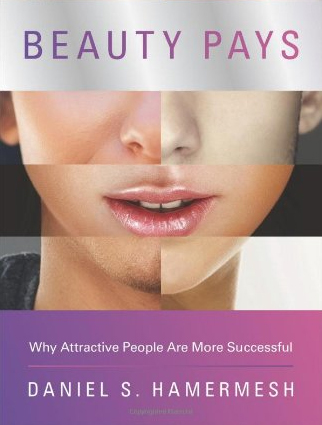From Shots (NPR's Health Blog):
To Predict Dating Success, The Secret's In The Pronouns
On a recent Friday night, 30 men and 30 women gathered at a hotel restaurant in Washington, D.C. Their goal was love, or maybe sex, or maybe some combination of the two. They were there for speed dating.
The women sat at separate numbered tables while the men moved down the line, and for two solid hours they did a rotation, making small talk with people they did not know, one after another, in three-minute increments.
I had gone to record the night, which was put on by a company called Professionals in the City, and what struck me was the noise in the room. The sound of words, of people talking over people talking over people talking. It was a roar.
What were these people saying?
And what can we learn from what they are saying?
That is why I called James Pennebaker, a psychologist interested in the secret life of pronouns.
About 20 years ago Pennebaker, who's at the University of Texas at Austin, got interested in looking more closely at the words that we use. Or rather, he got interested in looking more closely at a certain subset of the words that we use: Pennebaker was interested in function words.
For those of you like me — the grammatically challenged — function words are the smallish words that tie our sentences together.
The. This. Though. I. And. An. There. That.
"Function words are essentially the filler words," Pennebaker says. "These are the words that we don't pay attention to, and they're the ones that are so interesting."
[...]
Which brings us back to speed dating.
See, one of the things that Pennebaker did was record and transcribe conversations that took place between people on speed dates. He fed these conversations into his program along with information about how the people themselves were perceiving the dates. What he found surprised him.
"We can predict by analyzing their language, who will go on a date — who will match — at rates better than the people themselves," he says.
Specifically, what Pennabaker found was that when the language style of two people matched, when they used pronouns, prepositions, articles and so forth in similar ways at similar rates, they were much more likely to end up on a date.
"The more similar [they were] across all of these function words, the higher the probability that [they] would go on a date in a speed dating context," Pennebaker says. "And this is even cooler: We can even look at ... a young dating couple... [and] the more similar [they] are ... using this language style matching metric, the more likely [they] will still be dating three months from now."
Read the rest of the article for the full scoop here.












